Introducing our Iboga (Tabernanthe Iboga) – Strong Finely Powdered Root Bark from Cameroon.
Iboga, scientifically known as Tabernanthe iboga, is a perennial rainforest shrub native to the Central West African region, particularly found in countries like Gabon, Cameroon, and the Democratic Republic of Congo. Here’s some botanical information about Iboga:
Botanical Classification
Kingdom: Plantae
Phylum: Angiosperms
Class: Eudicots
Order: Gentianales
Family: Apocynaceae
Genus: Tabernanthe
Species: Tabernanthe iboga
Physical Characteristics
Iboga is a small shrub that typically grows to a height of 1 to 2 meters, although it can sometimes reach up to 3 meters under ideal conditions.
It has dark green, glossy leaves that are elliptical or lanceolate in shape, arranged oppositely along the stems. The plant produces small, white to pale yellow flowers with tubular corollas, which are followed by orange-colored berries containing seeds.
The root bark of Iboga is particularly prized for its psychoactive properties and is the part of the plant most commonly used in traditional and ceremonial contexts.
Habitat and Growth Conditions
Iboga is native to the dense rainforests of Central West Africa, where it thrives in warm, humid climates with well-drained soils. Ours comes from Cameroon.
It is often found growing in the understory of forests, where it receives dappled sunlight and partial shade. Iboga is adapted to a tropical climate and requires consistent moisture, although it can tolerate brief periods of drought.
Cultural and Traditional Significance
Iboga has a long history of traditional use among indigenous peoples in Central Africa, particularly among the Bwiti religion of Gabon.
In Bwiti ceremonies, Iboga is consumed as a sacrament to induce spiritual experiences, facilitate healing, and connect with ancestral spirits.
The psychoactive properties of Iboga, particularly its primary alkaloid ibogaine, are believed to promote introspection, self-discovery, and personal transformation.
Conservation Status
Due to habitat loss, deforestation, and overharvesting, Iboga populations are facing increasing threats in their native range.
Iboga is listed as a species of least concern on the IUCN Red List, but conservation efforts are needed to ensure its long-term survival and sustainable use.
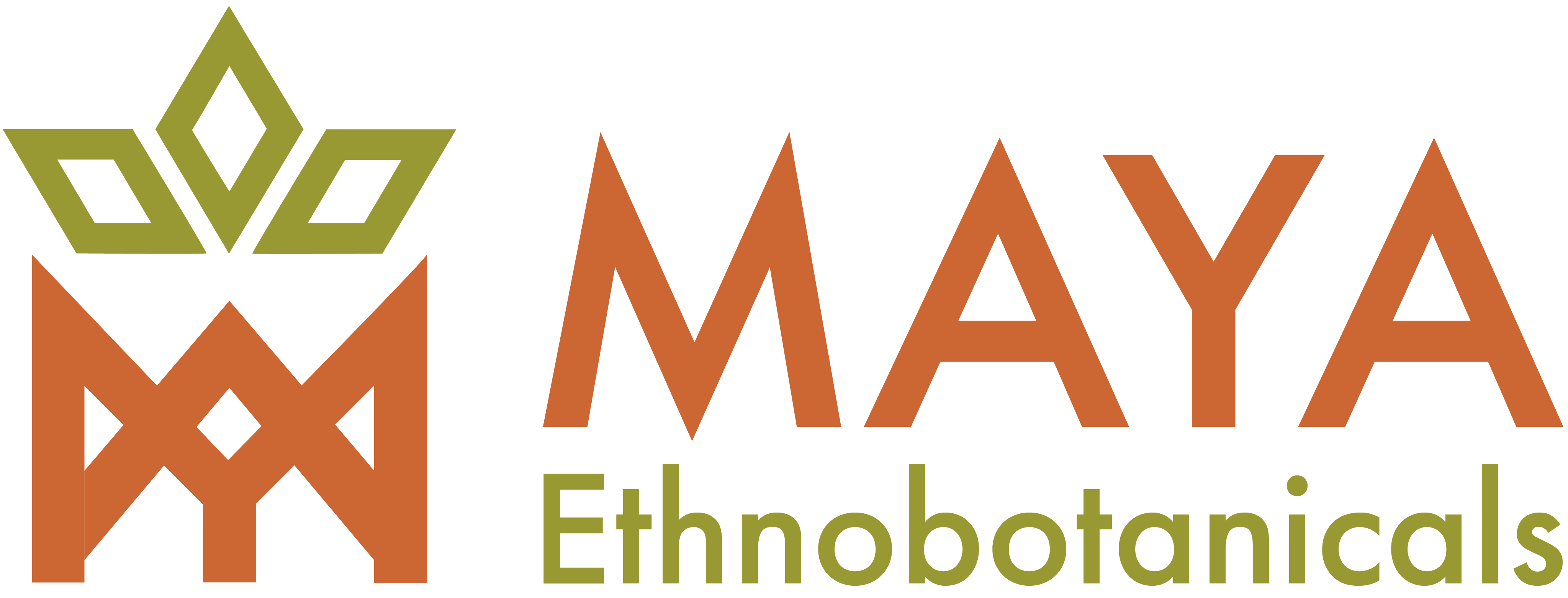
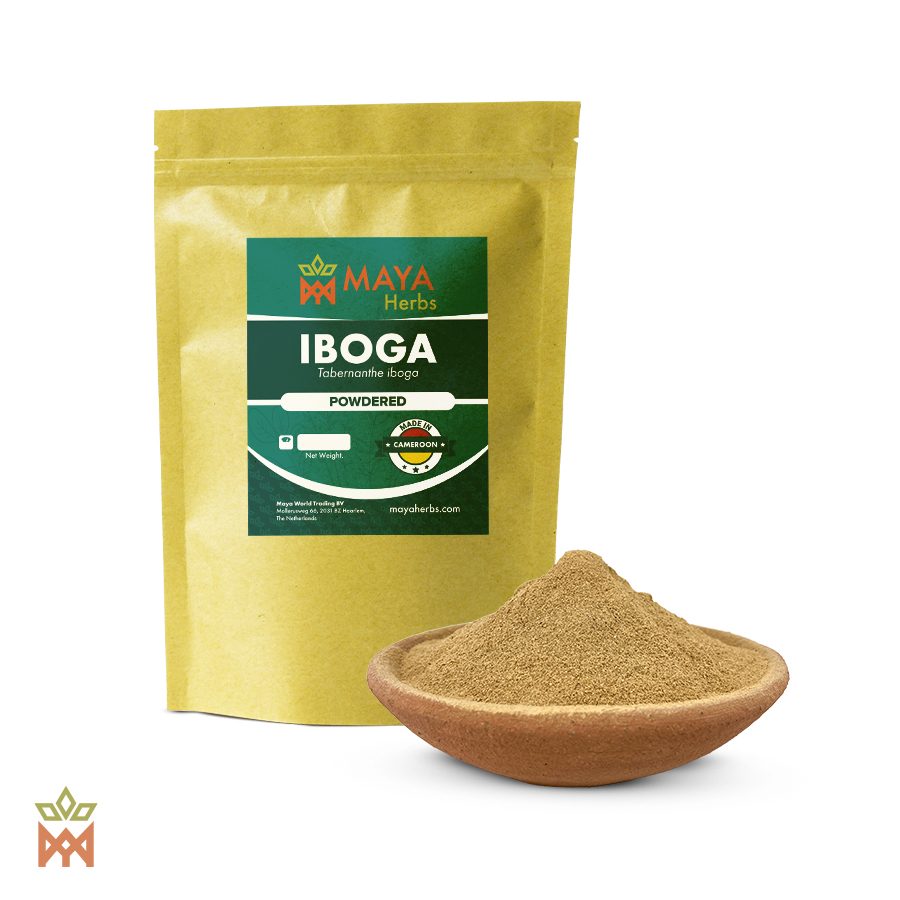
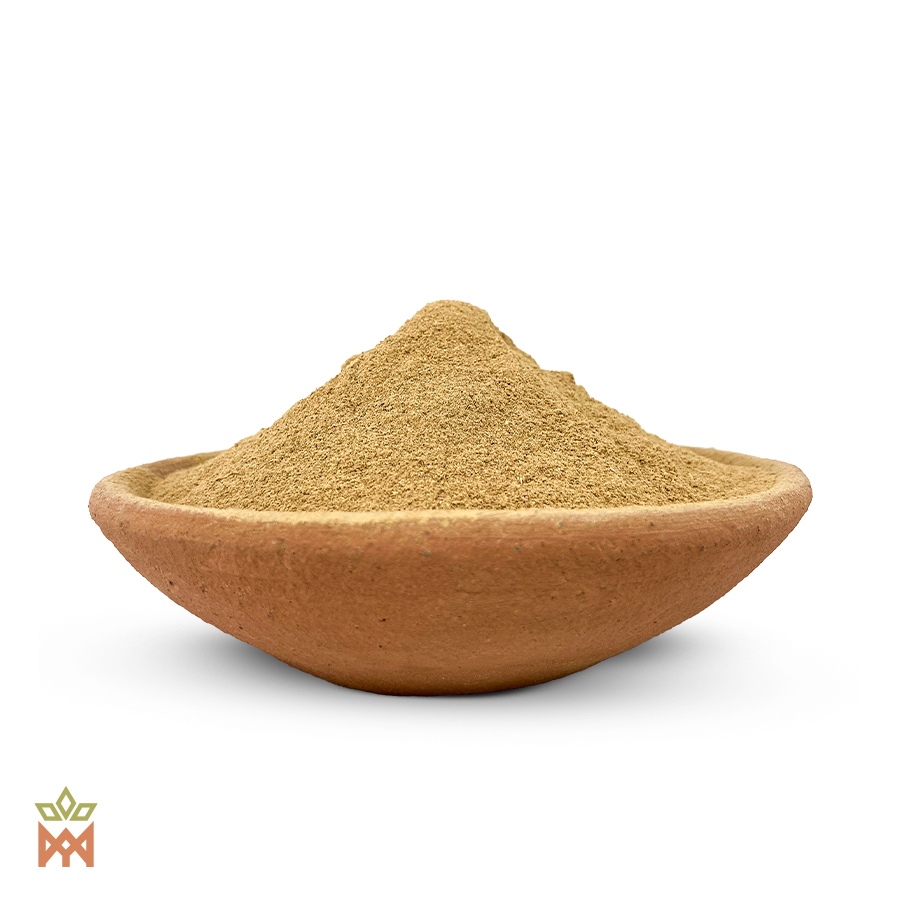
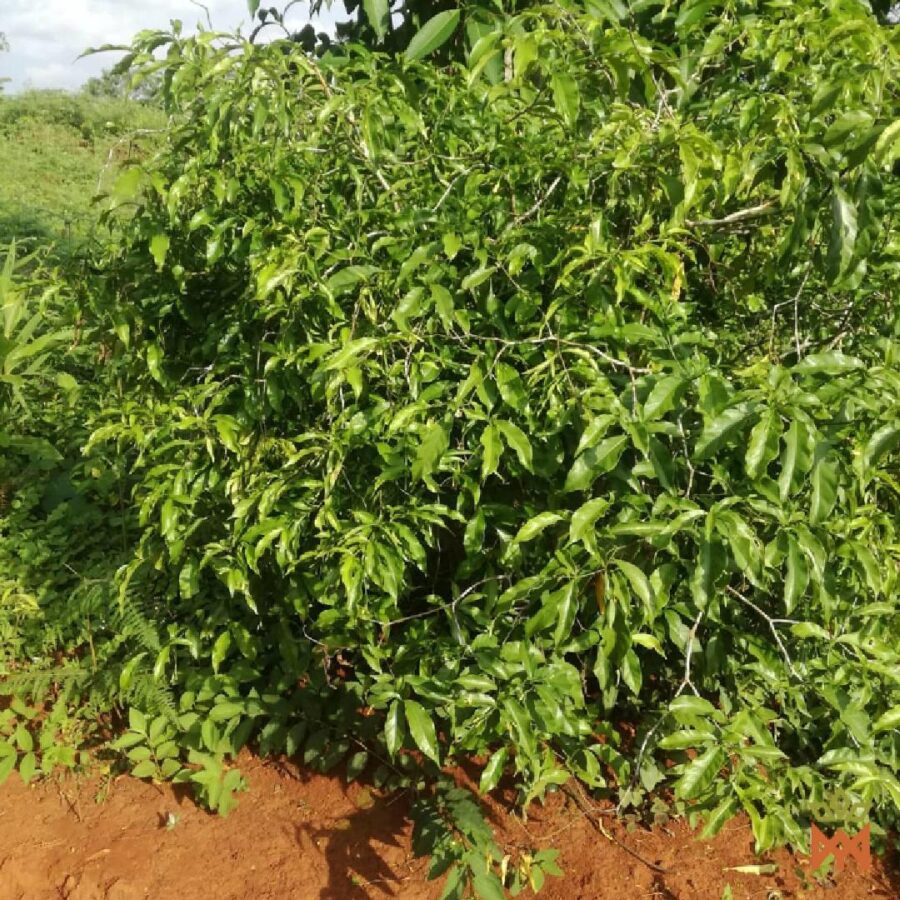
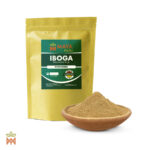

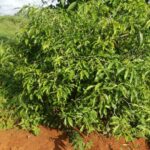

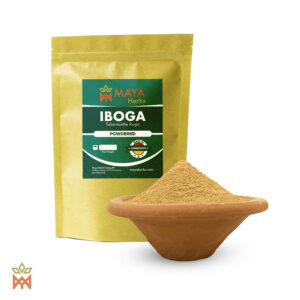
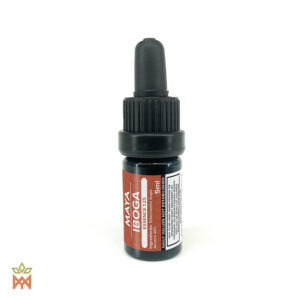
Reviews
There are no reviews yet.